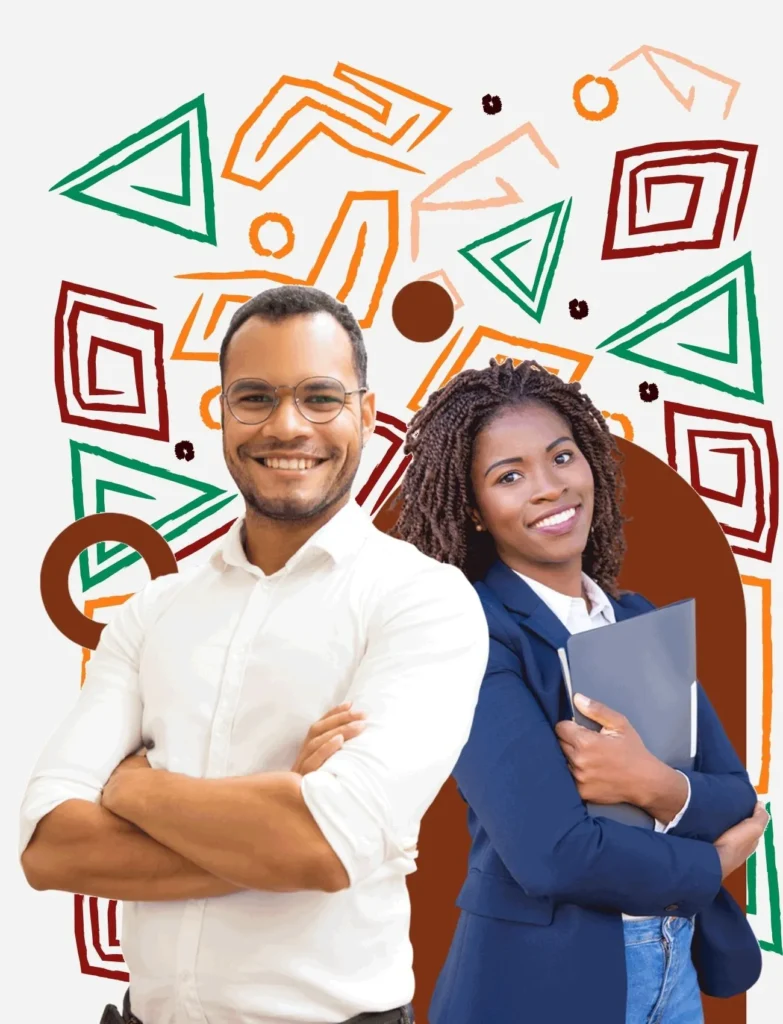Re-Centering African Thought
in European Education

Centering African Thought
in European Education
Enrollment to the Master's in African Culture and Development (January 2026 Intake) is now open.

- WHO WE ARE
About broos Institute
Through partnerships with the Millar Institute for Transdisciplinary and Development Studies (MITDS) in Ghana and other global collaborators, we are shaping a new academic model that privileges African knowledge systems. Our programs range from short courses to doctoral research, preparing learners for leadership, scholarship, and transformative impact.
+31 6 27263050
Education That Honors Our Full Humanity
Our model integrates intellectual rigor with cultural grounding, enabling learners to thrive academically while contributing to African-centered change.
MPhil in African Culture and Development (2026), a split-site program taught in-person at our Amsterdam campus and in Ghana.
Programs designed in collaboration with partner universities, uniting Afrocentric principles with academic excellence.
The programs offer flexible short courses, Afrocentric master’s studies, and advanced research on African knowledge systems.
Master of Philosophy (MPhil) in African Culture and development
Enrollment Open | January 2026 intake
Fully taught in English, our two-year MPhil offers an immersive curriculum in African philosophy, endogenous development, ethnography, diaspora theory, and epistemic justice.
- Develop original postgraduate research
- Engage critical methods in knowledge decolonization
- Contribute to global dialogues on African-centered thought and praxis
To learn more about the Master’s curriculum, structure and how you can apply, visit our program page.
A Message From Our Founder
“I envisioned a place where African-centered knowledge is not an afterthought but stands at the foundation of scholarship. Shaped by my path as a journalist and educator and inspired by my grandfather’s legacy as a descendant of Toledo Plantation in Suriname, the Broos Institute is born of dignity, resistance, and cultural renewal.”
